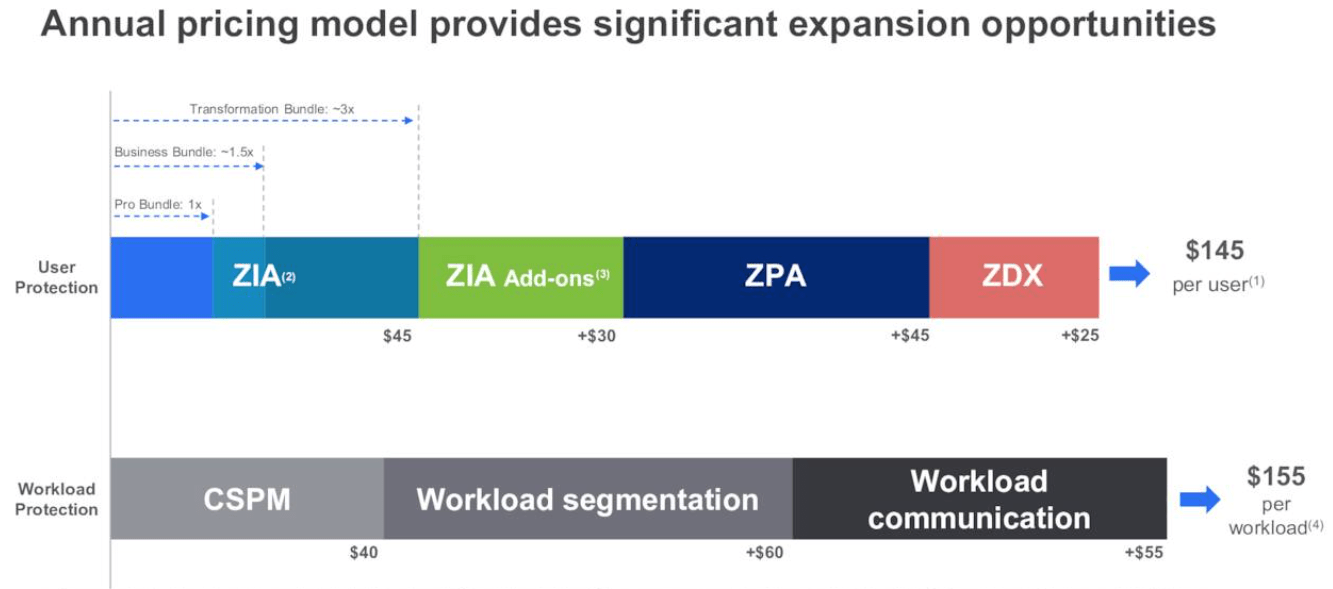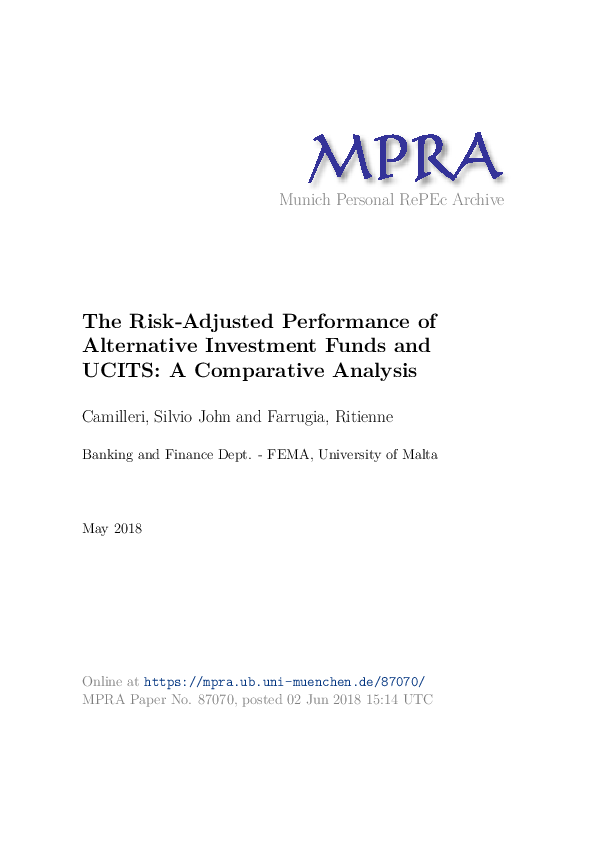Punished For Seeking Change: Understanding The Risks Of Dissent

Table of Contents
Workplace Retaliation: The Silent Threat to Dissent
The workplace, often perceived as a neutral arena for professional advancement, can become a hostile environment for those who dare to dissent. The risks of dissent in the professional sphere are often subtle yet profoundly damaging. Employees who speak out against unethical practices, discriminatory policies, or unsafe working conditions frequently face various forms of retaliation.
Loss of Opportunities: Demotions, Overlooked Promotions, Stalled Careers
- Subtle Retaliation: Being passed over for promotions, receiving less desirable assignments, or experiencing a slowdown in career progression.
- Overt Retaliation: Demotion, termination, or transfer to a less desirable role.
- Statistics: Studies show a significant percentage of whistleblowers experience career setbacks after reporting wrongdoing. The exact figures vary depending on the nature of the report and the industry, but the pattern is consistent.
The legal ramifications of workplace retaliation are complex. Proving a direct causal link between expressing dissent and negative consequences can be challenging, requiring substantial evidence and meticulous documentation.
Social Isolation and Bullying: The Emotional Toll of Dissent
Dissent can lead to social isolation and bullying within the workplace. The emotional toll of this isolation can be significant.
- Social Exclusion: Being excluded from meetings, social events, or important communication channels.
- Bullying Tactics: Experiencing verbal abuse, intimidation, or threats.
- Smear Campaigns: Having one's reputation tarnished through false accusations or gossip.
The psychological impact of workplace retaliation is substantial, leading to stress, anxiety, depression, and even post-traumatic stress disorder (PTSD). Support systems, such as employee assistance programs and legal counsel, are crucial in mitigating these effects.
Legal Consequences: Facing Wrongful Termination Lawsuits
In some cases, the consequences of dissent can escalate to legal action.
- Wrongful Termination: Employees who are fired for voicing concerns about illegal or unethical practices may have grounds to file a wrongful termination lawsuit.
- Legal Recourse: Depending on the jurisdiction and specifics of the case, legal recourse may include reinstatement, back pay, compensatory damages, and punitive damages.
Proving wrongful dismissal related to expressing dissent requires strong evidence demonstrating a direct link between the protected activity (expressing dissent) and the adverse employment action (termination). Navigating this legal landscape often necessitates the expertise of employment lawyers specializing in whistleblower protection.
Social and Political Reprisal: The Price of Public Dissent
Expressing dissent publicly carries significantly higher risks. The consequences of dissent in the public sphere can range from social ostracism to imprisonment.
Social Ostracism and Online Harassment: The Digital Age of Backlash
The digital age has amplified the potential for social reprisal against dissidents.
- Online Bullying: Facing harassment, hate speech, and threats through social media and other online platforms.
- Doxing: Having personal information, such as addresses and phone numbers, publicly revealed, leading to potential threats and harassment.
- Reputational Damage: Experiencing damage to one's reputation through online smear campaigns and false accusations.
The ease with which negative narratives can be amplified and spread through social media platforms increases the vulnerability of individuals expressing dissenting views.
Legal Prosecution and Imprisonment: Extreme Consequences for Challenging Authority
In many parts of the world, challenging authority carries severe legal consequences.
- Harsh Penalties: Some countries impose lengthy prison sentences, fines, or other punitive measures for expressing dissenting opinions.
- Targeting of Dissidents: Journalists, activists, and political opponents are frequently targeted for imprisonment or other forms of persecution.
The international human rights implications of suppressing dissent are significant, highlighting the need for global efforts to protect freedom of expression.
Economic Sanctions and Blacklisting: Financial Penalties for Challenging the Status Quo
Public dissent can also lead to economic repercussions.
- Loss of Income: Individuals and organizations may face boycotts, loss of contracts, or other financial penalties for their views.
- Blacklisting: Individuals may be added to blacklists, preventing them from accessing certain opportunities or resources.
The chilling effect of economic sanctions on free speech is undeniable, as individuals and organizations may self-censor to avoid financial repercussions.
Strategies for Navigating the Risks of Dissent
While the risks of dissent are considerable, there are strategies to mitigate them.
Building Alliances and Networks: The Power of Collective Action
Collective action can significantly reduce individual risk.
- Finding Like-Minded Individuals: Connecting with others who share similar views and concerns.
- Building Support Networks: Creating strong support networks to provide emotional and practical assistance.
Solidarity and collective action are crucial in amplifying dissenting voices and creating a more resilient community.
Protecting Your Identity and Security: Minimizing Personal Risk
Protecting one's identity and security is essential when engaging in dissent.
- Online Privacy: Using strong passwords, encryption tools, and anonymous browsing techniques.
- Physical Safety: Taking precautions to protect oneself from potential threats and harassment.
Utilizing anonymity tools and adhering to security best practices can minimize personal risk when engaging in public dissent.
Understanding Your Legal Rights: Seeking Legal Counsel
Understanding relevant laws and seeking legal counsel is crucial.
- Legal Advice: Consulting with lawyers specializing in freedom of expression or whistleblower protection.
- Legal Resources: Utilizing resources available to individuals facing legal challenges for expressing dissenting views.
- Documentation: Meticulously documenting all communications and interactions related to dissent.
Thorough documentation and legal counsel are vital in navigating legal challenges arising from dissent.
Conclusion: Finding Your Voice While Mitigating the Risks of Dissent
The risks of dissent are real and vary significantly depending on the context. From subtle workplace retaliation to severe legal repercussions, individuals who challenge the status quo often face significant consequences. However, the pursuit of positive change demands courage. By understanding the potential consequences and implementing appropriate strategies – building alliances, protecting your identity, and understanding your legal rights – you can navigate the challenges of expressing your views and contribute to a more just and equitable world. Learn more about mitigating the risks of dissent and finding your voice effectively. Remember, informed dissent, while carrying inherent risks, remains a cornerstone of societal progress.

Featured Posts
-
 Faiz Indirimi Sonrasi Avrupa Borsalarinin Performansi
May 24, 2025
Faiz Indirimi Sonrasi Avrupa Borsalarinin Performansi
May 24, 2025 -
 Glastonbury 2024 Unofficial Lineup Leak Points To Us Band
May 24, 2025
Glastonbury 2024 Unofficial Lineup Leak Points To Us Band
May 24, 2025 -
 Bbc Radio 1 Big Weekend 2025 A Complete Guide To Ticket Purchasing
May 24, 2025
Bbc Radio 1 Big Weekend 2025 A Complete Guide To Ticket Purchasing
May 24, 2025 -
 Get Help With The Nyt Mini Crossword Sunday April 19th
May 24, 2025
Get Help With The Nyt Mini Crossword Sunday April 19th
May 24, 2025 -
 Amundi Djia Ucits Etf Nav Performance And Investment Strategies
May 24, 2025
Amundi Djia Ucits Etf Nav Performance And Investment Strategies
May 24, 2025
Latest Posts
-
 Is Apple Stock Overvalued Considering Tariff Risks And Buffetts Position
May 24, 2025
Is Apple Stock Overvalued Considering Tariff Risks And Buffetts Position
May 24, 2025 -
 Bangladesh In Europe Renewed Focus On Collaboration And Growth
May 24, 2025
Bangladesh In Europe Renewed Focus On Collaboration And Growth
May 24, 2025 -
 Apple Stock Aapl Key Price Levels To Watch
May 24, 2025
Apple Stock Aapl Key Price Levels To Watch
May 24, 2025 -
 Mia Farrow Supports Fellow Tony Nominee Sadie Sink In Photo 5162787 Broadway Production
May 24, 2025
Mia Farrow Supports Fellow Tony Nominee Sadie Sink In Photo 5162787 Broadway Production
May 24, 2025 -
 Apples Stock Performance A Post Trump Tariff Assessment
May 24, 2025
Apples Stock Performance A Post Trump Tariff Assessment
May 24, 2025
